Boba, rice crackers, and red envelopes filled with candy welcomed visitors attending the Asian American studies panel in Zubrow Commons.
-

-

This community-engaged learning course has partnered with the New Sanctuary Movement of Philadelphia and is creating lesson plans for their future antiracism workshops.
-

This sociology course explores the family as a social institution shaped as much by historical, social, and political conditions as it is by our individual experiences.
-

This music course explores the world’s musical traditions through selected case studies from each of ten regions: Oceania, South Asia, East Asia, Southeast Asia, the Middle East, North America, Europe, Africa, the Caribbean, and Latin America.
-
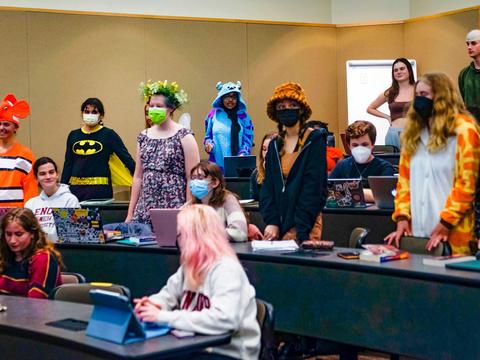
This English course explores the explosion of SF—science fiction or speculative fiction—since World War II, by reading classics from the ’50s and ’60, as well as newer stories that engage queer identities, Afrofuturism, African futurism, and climate change.
-

This Spanish course explores students’ experience in bicultural/bilingual homes, or abroad, and of the subjectivities they develop through their use of a second/foreign language.
-
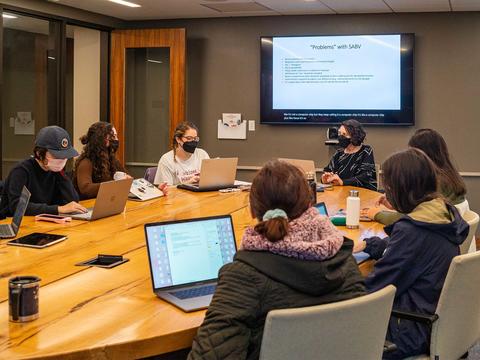
This psychology course explores how social conceptions of sex, gender, and sexuality have shaped the current iterations and history of neuroendocrinology and sex differences research.
-
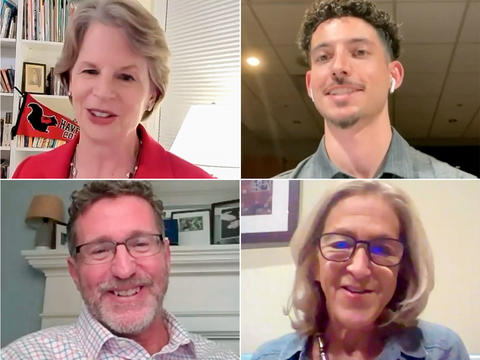
Alums in MLB say it takes more than data to win; thanks to Haverford they were ready.
-

This unique Haverford chemistry course—known as “Superlab”—is a standalone lab for junior majors, who are asked to perform experiments without known outcomes.
-

The year’s rendition of the Hurford Center’s ongoing Strange Truth Series invites filmmakers to campus who explore non-fiction imagination in their work.
-
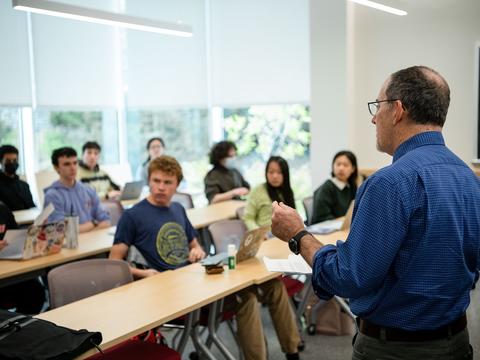
In this music course, musicians and computer scientists team up to explore two key dimensions of the digital revolution for music: data about music, and music as data.
-
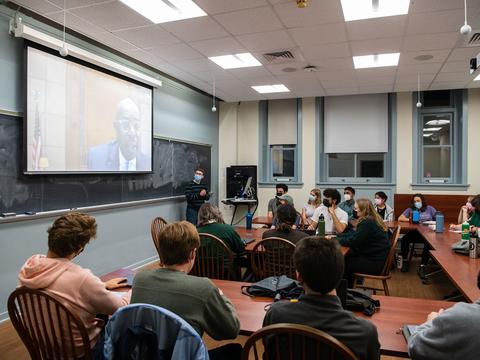
This political science class, taught by an alumna who has worked at the Supreme Court, examines the highest court in the U.S. federal judiciary from different perspectives across the social sciences.
-
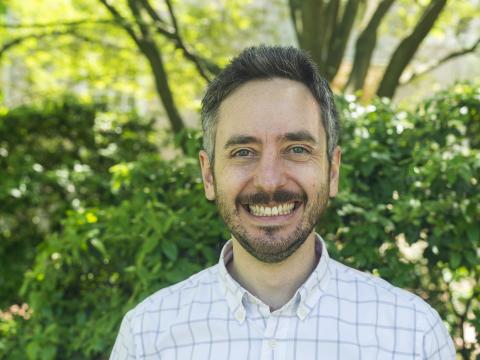
A paper in the latest issue of Science Magazine, co-authored by Haverford Associate Professor of Environmental Studies Jonathan Wilson, sheds light on a pattern that has been an evolutionary mystery for more than a century: Why did plants, soon after they evolved the capacity to survive on land, evolve increasingly elaborate forms of the vascular systems that formed their internal anatomy?
-

This psychology course explores the application of drugs to treat mental health disorders and diseases of the brain.
-
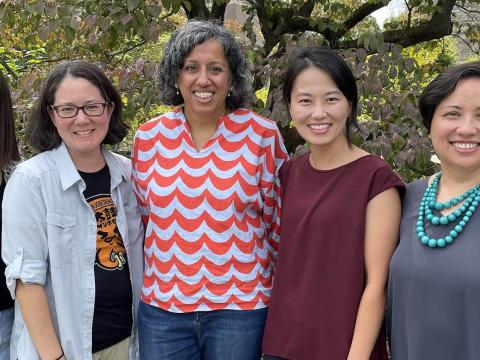
Excitement abounds for the new Asian American Studies Program at Swarthmore, Bryn Mawr, and Haverford, which builds upon existing courses and programs and creates new opportunities across the Tri-College Consortium.